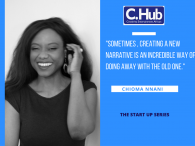
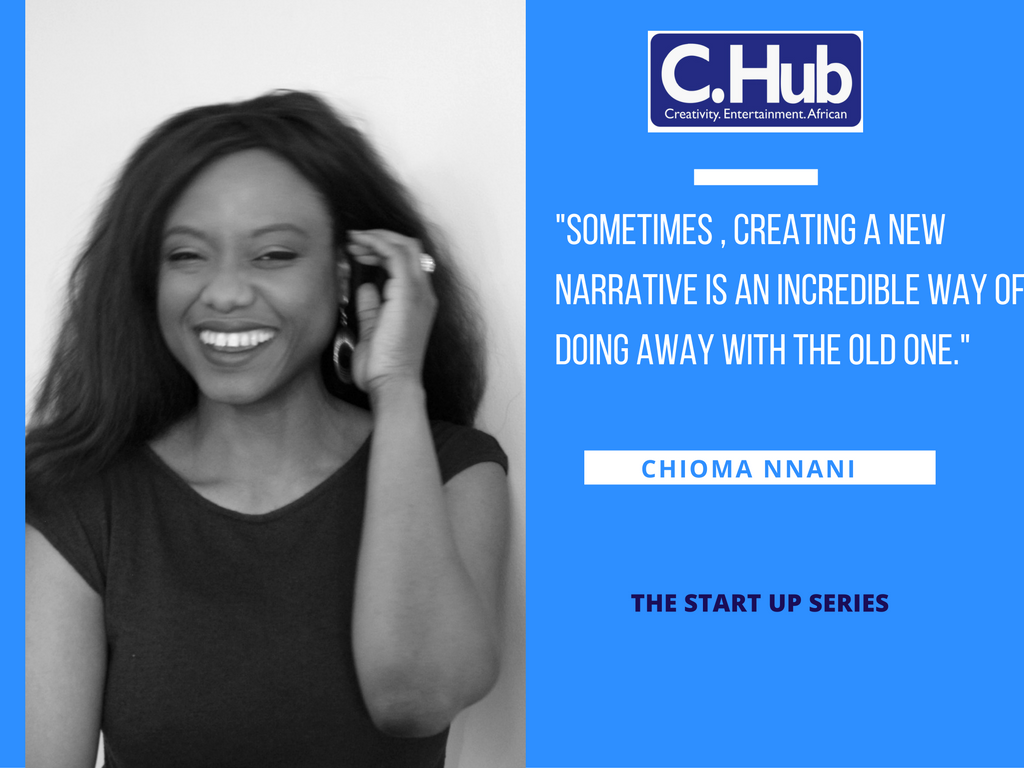
#Startupseries: Chioma Nnani. CEO The Fearless Storyteller House Emporium Ltd.
Rightfully known for her fearless approach to telling difficult and uncomfortable stories, Chioma Nnani is gradually building a name for herself in the Nigeria/African media business. A blogger with a vision from a totally unpopular angle (with her Nigerian audience), she however has managed to carve a niche of loyal audience for her style.
In this series of our ‘Start-Up’ interviews, Faustina Anyanwu digs in in an exclusive chat with the outspoken fearless entrepreneur .
You’ve created this name for yourself and rightfully now know for that. Could you in simple terms tell me about your business?
I run an edutainment company called THE FEARLESS STORYTELLER HOUSE EMPORIUM LTD. The main purpose of the company is storytelling and we do this in different ways.
The “Author Services” department is where we take care of publishing needs from ghost-writing and editing through the final physical or digital book. This is the department that also deals with publishing needs of magazines.
There is a “Learning and Teaching Unit” through which we offer and market online and offline courses and webinars. We also create bespoke training programmes for organisations and SMEs. This is also where our online shop is housed.
We also have a “Services to Media” department, which is where we deal with scriptwriting for stage, screen and radio as well as pre-production, production and post-production needs.
I also run a blogazine called “Memo From A Fearless Storyteller” and present a radio show most Sundays from 1900-2000 hours (GMT) with a London-based radio station called “PowerXtra Radio”. The name of my radio show is “The Fearless Storyteller PX Show”. So … there is a fair bit going on (laughing)
How long have you been doing all these?
Erm, I’ve been presenting my radio show since April 2016. Prior to that, I had a stint at the One Harmony Radio Station; also in London.
I’ve been writing for as long as I can remember; but my first book “Forever There For You” came out in paperback in 2012. From thereon, I started to take writing and ghost-writing a bit more seriously. After a lot of stressful bureaucracy, I incorporated my company – THE FEARLESS STORYTELLER HOUSE EMPORIUM LTD – in the first quarter of 2016.
I started blogging seriously, just over a year ago. My blogazine – because it’s a marriage between a blog and a magazine – is a full lifestyle online publication, that’s really different. It’s called “Memo From A Fearless Storyteller” and you can find it at http://fearlessstoryteller.com
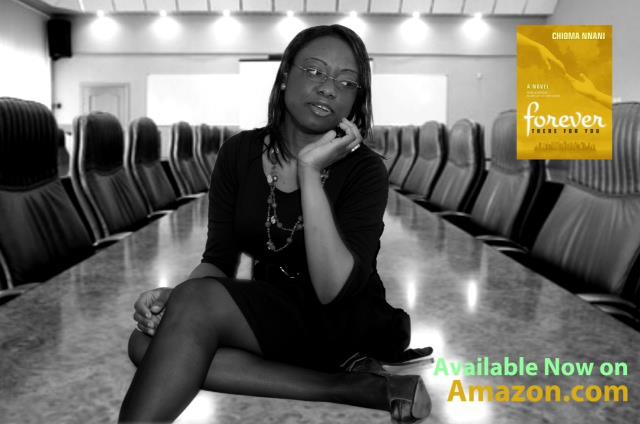
I remember when I wanted to start … in Nigeria, people don’t understand that blogging doesn’t have to be gossip; that there’s a blog niche for every single topic in the world. Gossip isn’t my thing and I wanted to ensure that I would do something I enjoyed, and that I’d enjoy learning about in order for it to be sustainable. I actually used to be EIC of a magazine in the UK and I remembered some of the things I wanted to do and bring to the magazine, that I wasn’t allowed to do – so, I brought those to my own blogazine. It is laid out and planned like a magazine; so it has columns, publishing dates that are scheduled in advance, publishing cycles with actual names … so, for the issue we are on now (at the time of this interview), it’s the #BossIssue. One of the columns is called “Black Power” and it’s a celebration of influential Black men and women, from across the globe whose influence (for good) goes beyond their looks and/or their fame in itself. For the current issue, everyone featured in the “Black Power” column is a boss in some way, in their industry … The one after this is the #ContinentBuilderIssue. I’ve technically only been blogging for a year and I’ve dope guest-bloggers, plus I won the 2016 BEFFTA for “Blog of the Year”, so it’s pretty good.
Why did you embark on this and what’s different?
I discovered I was pretty good at something and I liked the reality of having creative control. Then, when I started ghost-writing, I discovered that some clients were unhappy because they had initially come to me because they had seen “Forever There For You” and knew I could write. But the end product of a ghost-writing contract is a manuscript, not an actual book. And they would be like, “So, where do I go from here?” Some of them got into very dodgy or unsatisfactory deals. I have a mind that thinks, “What is the way around that?” with a lot of things. Having my own company which would publish, was common sense. But I didn’t want just a publishing company; not that anything is wrong with that. I wanted to do and produce screen work, stage work and audio work … so, I made sure my company was registered in such a way that I could do all of those. It’s different because this is the only company in Nigeria and some other parts of Africa that offers the product and service lines that we offer; and that was started by someone with the experience, knowledge base and passion that I have under my belt. The company has a really strong team of … background staff, who are really good in their fields, which is why they work with me at all.
I feel like there are so many Black positive stories of strength and tenacity, that aren’t being told. Instead, we keep hearing about how Black people can’t earn a certain amount of money, be in a particular industry or whatever. Yet, some so-called mainstream outlets are very quick to report the really bad stuff about people who are Black. I guess if something happens, it is what it is – so I am not saying that if something negative involving a Black person happens, not to report it for the sake of “Oh, they are Black and we don’t want to say anything bad about a Black person” – but the impact on the younger generation is really not good.
We have Black teenagers who don’t understand that being a thug or a druggie isn’t an aspiration, because they haven’t heard of the Kanya Kings, Pauline Longs, Faustina Anyanwus, Charles Khirans, Yemi Gbajobis, Ferdinard Lawsons, Bassey Ikpis, Tola Onigbanjos, Ann-Marie Imafidons, Dentaas, Nkem Ezeilos, Dare Alades or anyone else who has become a star, because they stuck at working their legitimate hustle. There are people who don’t know till today that a Nigerian owns Gatwick Airport; if an adult doesn’t know that, what will they teach their kids? Yet, these children and teenagers are online.
What’s the hardest decision you’ve made so far?
Turning down a project I didn’t believe in, even when there was a decent amount of money on the table. I was broke. But I was really worried about what that association (and by extension, endorsement) would do to my brand. It would eventually have destroyed my brand. Even worse, I wouldn’t have been able to look myself in the mirror … and that’s really important to me. Beyond the public adulation, when the applause has died down and the lights are off, I am left with me and my conscience … and whether I’ll be able to sleep at night or become more of that person I can’t look in the eye because it’s too difficult to cope with a conscience; that and everything surrounding that, isn’t up to any fan or Instagram or Facebook follower. That rests with me.
What is your 5 year vision for your brand?
To become one of the top three multimedia brands in the world, to have come out of Africa.
What are you truly passionate about?
Living as fully as possible, so that I can die empty. Ensuring that I leave my footprints here.
What has surprised you most?
How supportive certain people have been to me and my brand … even people that I’ve never met in person.
How many hours do you work everyday building your business?
(Laughing) It varies, but I can honestly say I work more hours in a day than is healthy. It’s not sustainable to keep working like that. So, there are times I absolutely have to take time off, recoup and come back …
How far are you willing to go to see it succeed?
As far as is necessary, as long as I can look myself in the mirror. I like to think I’m a shrewd businesswoman, I do have to make uncomfortable decisions from time to time, but I don’t deliberately set out to send out bad karma.
What’s the biggest mistake you’ve ever made building your brand?
Trying to cater to ‘everyone’.
How did you come through it?
Understanding that my market isn’t and can never be ‘everyone’.
What is the most discouraging experience you’ve had either from friends, family or business partners?
Having people that I thought were friends, just take off their masks … I guess that’s a good thing, because you don’t want people who aren’t really happy for you, around you. I’m a pragmatic person; if a relationship doesn’t serve you, but stresses you, it needs to go. But when some of these people have been a part of your life for long periods of time, it can be a shock to discover, “I am not to this person, what I have made them to me.” There are people whose relationships with me dried up, as soon as I published my first book. It’s almost like some people are fine with you as long as they feel like you’re deficient in some way and looking for something; but as soon as you’re on your way up, it’s a problem. For me, the thing that bothers me most is that since I don’t believe that people really change – rather, the masks fall off or they grow into another version of themselves – I am concerned about what that says about my sense of judgement. But you live and learn …
Do you see yourself as an underdog?
Absolutely not! (laughing) Yes, there are things that I think I wish they worked out in a certain way or at a certain time, but we all have to deal with those. I have an attitude of gratitude. I’m resilient, have a tendency to be really dogged and stubborn, and I have a way of turning lemons into lemon meringue pie. I’m one of those “She went through the fire and doesn’t even smell of smoke or have a hair out of place” people.
What has been your biggest asset in building your business?
That would have to be having faith that my business would succeed.
Do you have a mentor? If yes, who and why did you choose them?
I had Dr. Nkem Ezeilo as one of my mentors. Beyond that, she was a friend … her passing is one of the most painful losses I have ever had to endure. She was knowledgeable, professional and no-frills but very kind and I could bounce ideas off of her. She was one of those people who would be like, “OK, this is nice and here’s another way that could work.” She didn’t have an envious bone in her body … there are times when I have an idea or a result … or even the other day (maybe a couple of weeks ago), when I was waiting for a result and I was really stressed and a part of me was like, “Oh Nkem, I need to talk to you”. And I couldn’t …
I also have Sherry Ann-Dixon. She’s super-knowledgeable. She used to be in charge of Ebony magazine, turned their figures (circulation and bank) around. I recognised that I needed to create a similar result for my blogazine. My attitude is “Go for the best you can find” …
Any factors about your country of residence that could have a major effect on the outcome of your business?
The government we have at the moment, has to be the worst in Nigeria’s history. It has to be a crime warranting Hague attention, for any government to be this evil towards its own people. People who succeed in Nigeria right now, don’t do so because of, but in spite of the government. It’s almost like the current president was dragged out of the Stone Ages for the sole purpose of wreaking havoc. The Naira is the weakest that it’s ever been. At the time of doing this interview, a dollar is equivalent to N485 and a pound is dangerously close to N600 … even with Brexit implications. Nigerian PayPal doesn’t work and there’s a ban on foreign expenditure with Naira cards. If you’re not fortunate enough to have a domiciliary account and a friend you can trust outside Nigeria that you can send money to, to facilitate certain purchases … you are pretty much done for. You’d have to pay someone some ridiculous amount in Naira; how many entrepreneurs have money just lying around to bridge the continuous gaps made by a criminally irresponsible government?




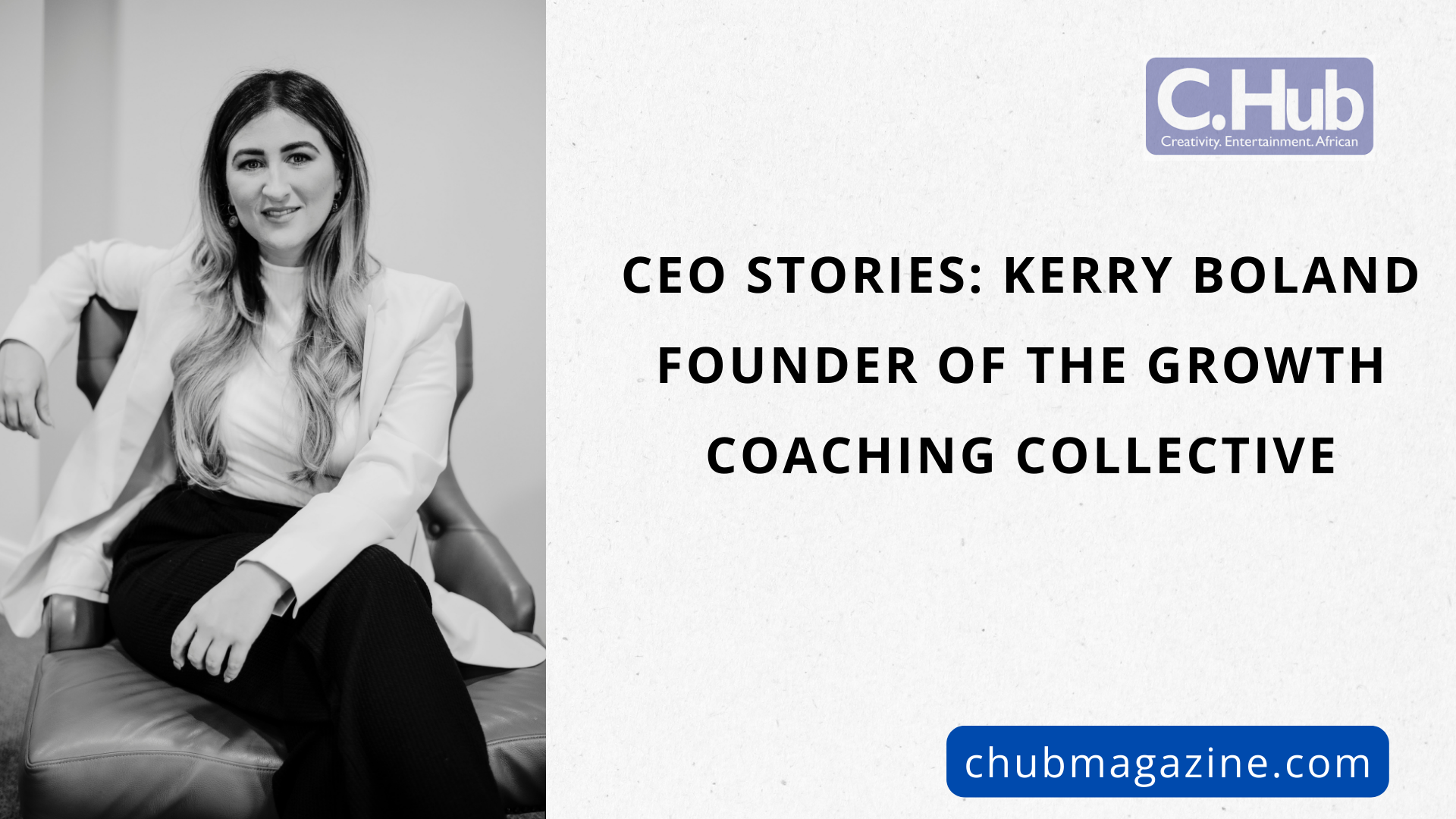

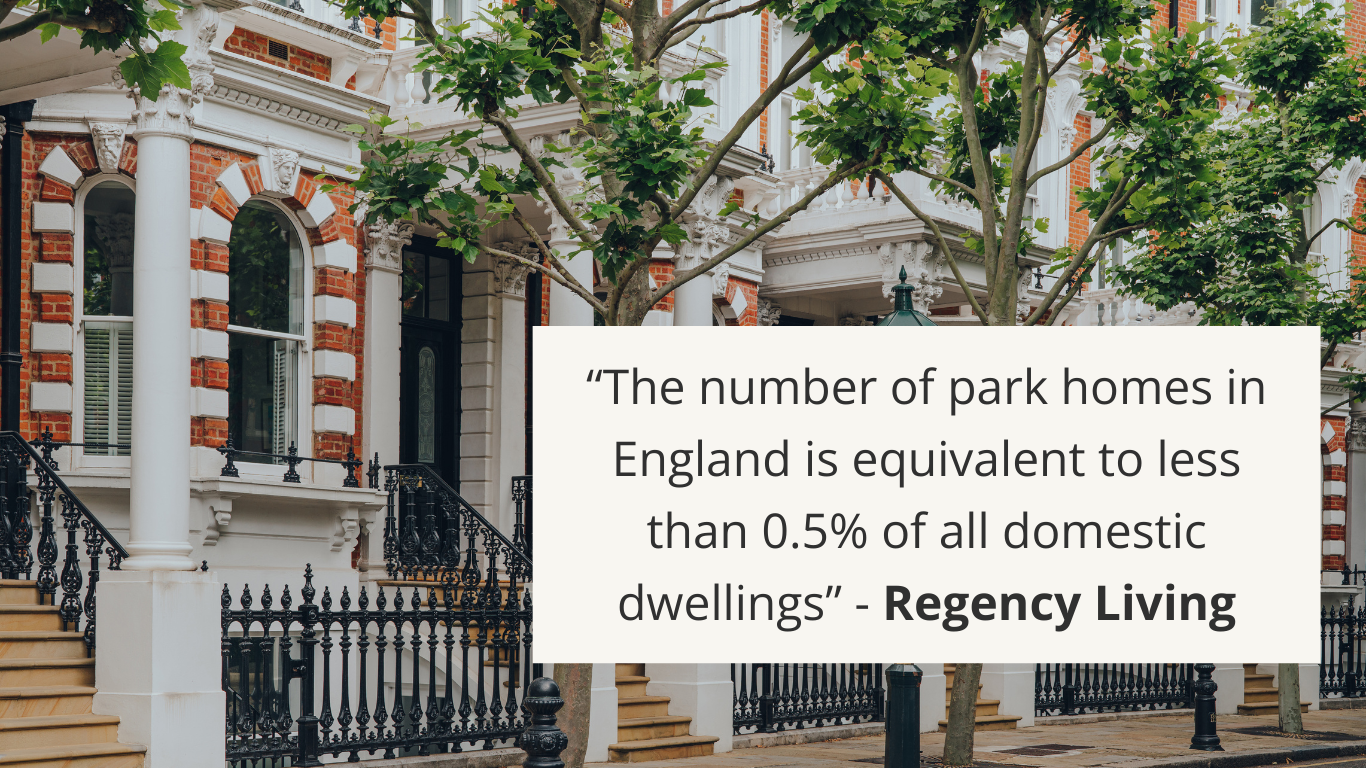


Comment